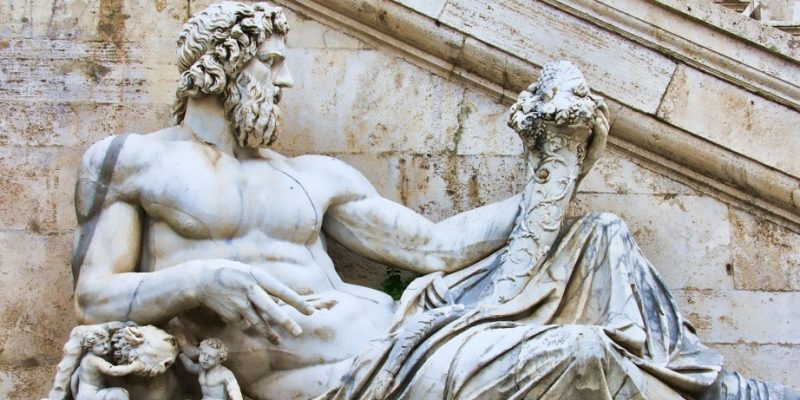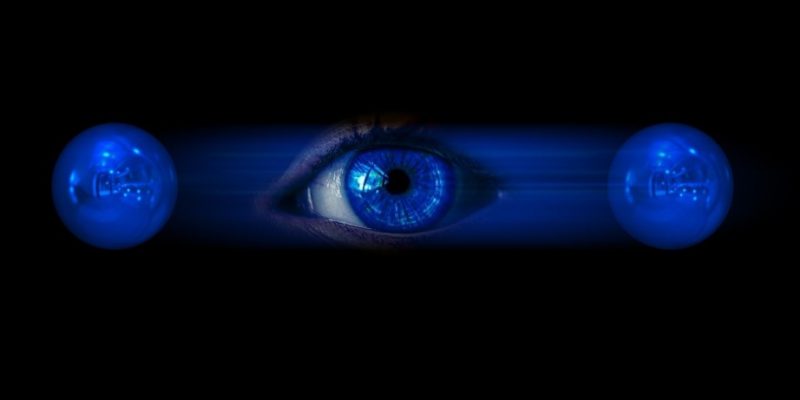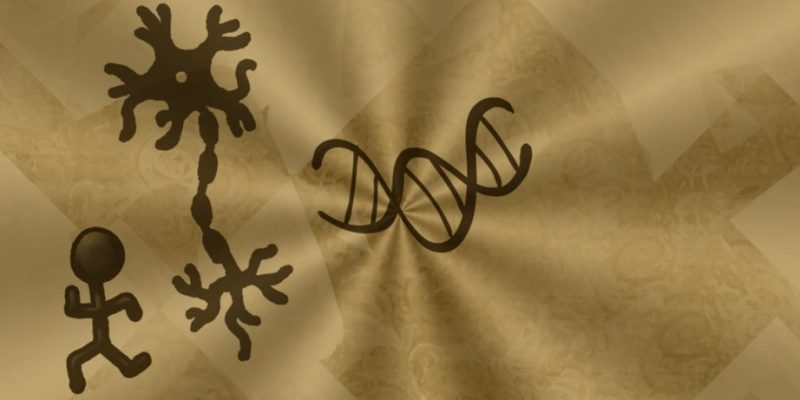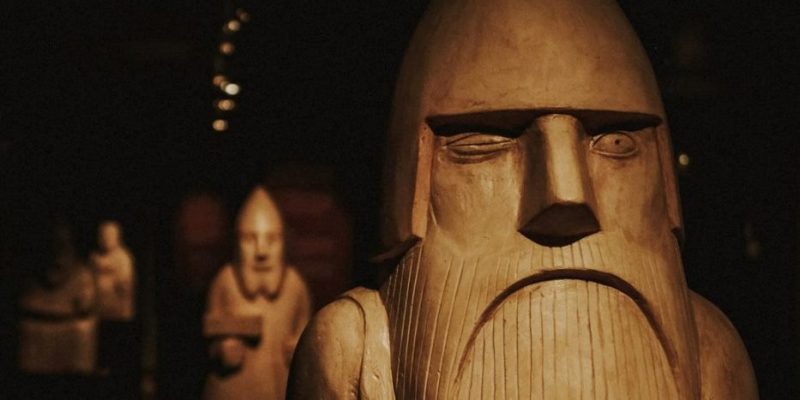
Although the term monad was already in use by Greek philosophers, meaning “the smallest units of matter,” or in other contexts meaning “God” or “first being,” it’s perhaps best known as a concept of Gottfried Wilhelm Leibniz (1646 – 1716), a German scientist and philosopher.
Leibniz stated that the universe is made up of monads, which are basic, individual, and immaterial substances, lacking spatial extension, and with their own inherent Life Force.

Each monad is a unique, indestructible, dynamic, and soul-like entity, which has no causal relation with other monads, but is synchronized with all other monads by God (being the ultimate monad on which each monad depends) in a pre-established harmony.
Each monad would be self-sufficient, expressing the workings of the entire universe. As a monad cannot be influenced (there’s no causal relationship with other things i.e. monads), there is no way for a monad to be born or destroyed — except by the will of God — which means that all monads are eternal and immutable.
He further held that, at creation, each monad was essentially programmed by God to undergo all the changes it would ever go through, and during its existence its changes were only the result of the unfolding of its pre-defined nature (the so-called pre-established harmony).














